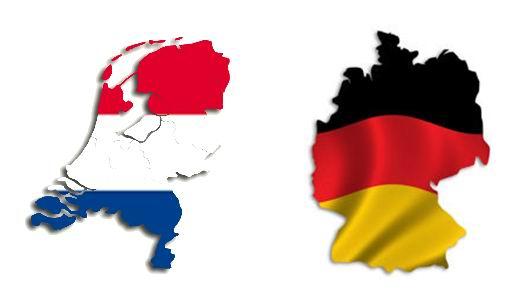Difference Between Dutch and German

Majority of the people feel no difference between Dutch and German as they consider both the same language. No doubt that both of these languages are spoken in European countries but they differ from each other significantly. German is primary language in Germany and Austria while Dutch is the preferred language in Suriname, Netherlands and Belgium. Similarly, the German language is considered more complex while Dutch is perceived as relatively simpler. In addition, the Dutch language has only one rudimentary case while the German comprises of four cases.
Instructions
-
1
Dutch
Being spoken as the first language in Suriname, Belgium and Netherlands, Dutch is of vital importance throughout the European countries. For students seeking admission in Universities or College of any European country, fluency in Dutch language is compulsory. Most of the students’ applications are rejected because of their lack of familiarity with the native language. Most importantly, people who know Dutch language have the edge of moving anywhere in European countries. Not to mention, they can study wherever they want, find work and live according to their preferences. Pronunciation of the Dutch language is marginally different from the other. Most people pronounce the words that are common in Dutch and German in a similar manner. In Dutch, the alphabet ‘s’ is pronounced similar to ‘shhh’ in the English. Similarly, consonants in Dutch language sound alike those in the English language.
- Image Courtesy: sports.gunaxin.com
-
2
German
German language is the preferred language in Germany and Austria. It is considered more difficult language as it is hard to learn and requires much more effort. Subsequently, if a person is interested in limiting himself to these two countries, then German language might be more than adequate to him. However, keep in mind that German language is a must to enter Germany and Austria. It is strongly recommended that you gain a little familiarity with the language and improve your understanding of the German language. The German language is considered tougher to speak and write as compare to other language. The pronunciation of ‘s’ is similar to that of ‘z’ in English but you might need to move your mouth or neck strangely to pronounce the words carefully. Moreover, the German language is perceived to have difficult subjunctive tenses and declensions as compared to the German language.
- Image Courtesy:international-issues.org






